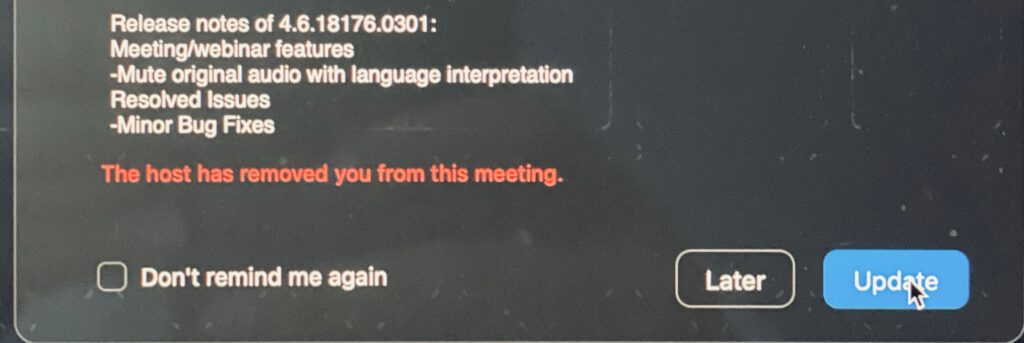
Many of us are now working from home, remotely using video conferencing, email, texts, and other media. Bullying can occur in this environment and can spill over from any conflict or bullying that was happening in person at the office.
Workplace bullying means excluding someone from information, meetings, connections; demeaning someone through jokes, ridicule and cartoons; spreading gossip, not helping when needed, damaging a person’s work or work reputation, setting people up to fail, setting unrealistic expectations, favoring one person over another.

Workplace harassment and bullying can continue in the remote environment.
- People can be left out of meetings if they are using different platforms. Get everyone on the same platform and ‘nudge’ people back if they start using different platforms, e.g. email when another form has been agreed to.
- Sharing of jokes, innuendos and memes can create online cruelty. The same rules apply as if you were in the office.
- Keep communication professional rather than casual. Edit, spell check and speak respectfully.
- Make sure that all workers are included in meetings and discussions where appropriate. Going ‘ghost’ on someone, disappearing, and not including someone in even casual contacts will feel isolating and can be harmful.

Take extra steps to make sure that all team members are included when scheduling virtual meetings.
- Be mindful of what you say. Teleconferencing is best as you can see the impact of what you say on others. If you offend someone apologize.
- Help out. For many, working remotely is new and stressful as they go through the learning curve. Don’t mock or let your frustration get in the way. Helping out can make you feel good.
- Answer your emails and questions as promptly as possible. If you can’t respond quickly send a quick reply “Got your request – let me get back to you on that within the next day.”
- Consult each other about changes in projects and work – be inclusive. Do not just leave someone out.
- If you hear gossip or people campaigning against another person step up and be a good bystander and identify that this is disrespectful and harmful.
- If you feel disrespected tell the person in a private communication. Or tell your manager and ask for help.
- If you feel that you are in a difficult situation and your actions have not worked, have a conversation with your Human Resources Professional, Occupational Health and Safety Professional or Third Party Advocate.
- Access your Employee Assistance Program to discuss strategies and receive support or use your benefits to contact a qualified counsellor.

We have a workplace respect expert that can help you. Dr. Pat Ferris is a registered Clinical Social Worker who has has a Ph.D. in Industrial Organizational Psychology where she studied quality of life issues related to work such as stress, bullying and work life balance. She has specialized training in treating trauma and is considered an international expert in the treatment of targets and perpetrators of workplace bullying.
